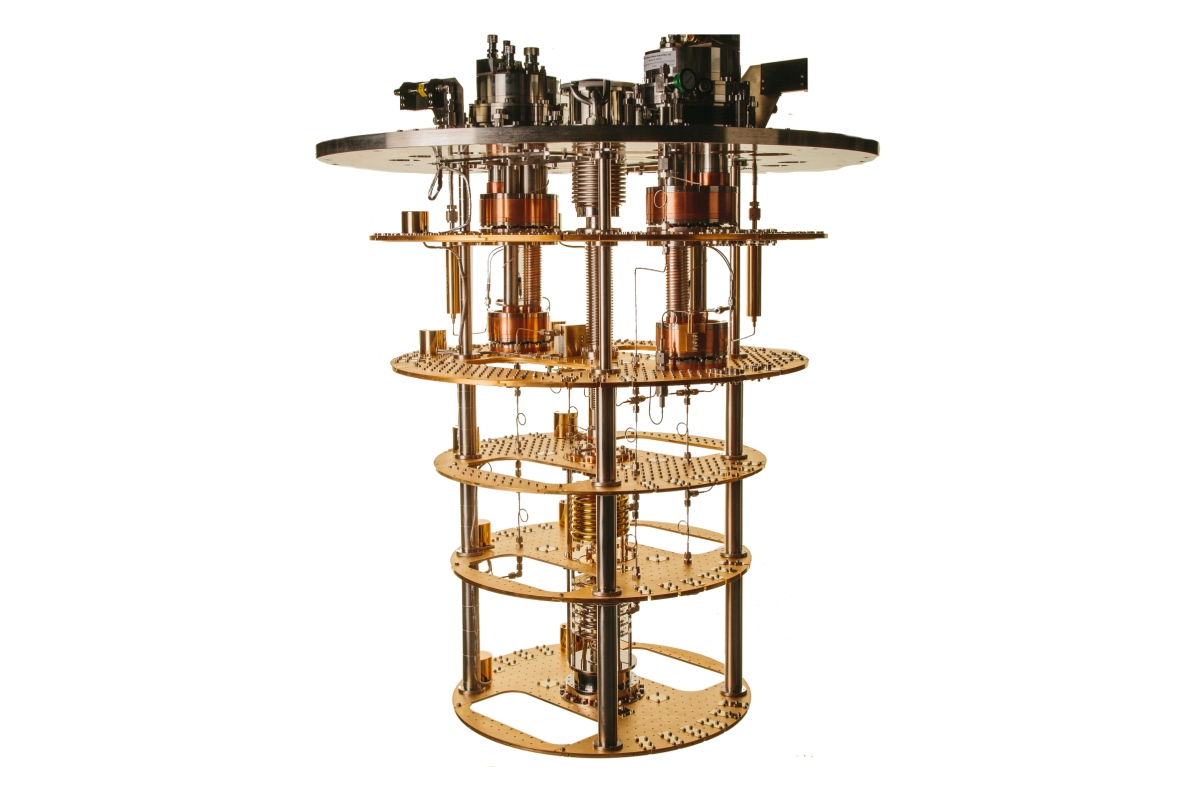Oxford technology supplied to quantum-AI data centre
Author: Joe Peck

Oxford Instruments NanoScience, a UK provider of cryogenic systems for quantum computing and materials research, has supplied one of its advanced Cryofree dilution refrigerators, the ProteoxLX, to Oxford Quantum Circuits’ (OQC) newly launched Quantum-AI data centre in New York.
As the first facility designed to co-locate quantum computing and classical AI infrastructure at scale, the centre will use the ProteoxLX’s cryogenic capabilities to support OQC’s next-generation quantum processors, helping to advance the development of quantum-enabled AI applications.
Supporting quantum and AI integration
The announcement follows the opening of OQC’s New York-based Quantum-AI data centre, powered by NVIDIA CPU and GPU Superchips. The facility represents a major step towards practical, scalable quantum computing.
Within OQC’s logical-era quantum computer, OQC GENESIS, the ProteoxLX provides the ultra-low temperature environment needed to operate its 16 logical qubits, enabling over 1,000 quantum operations.
This capability aims to drive innovation across finance, security, and data-intensive sectors ranging from faster financial modelling and optimisation to quantum-assisted machine learning.
Oxford Instruments NanoScience says the collaboration highlights its expanding role in the global quantum computing landscape.
OQC’s data centre installations across Europe, North America, and Asia contribute to a distributed quantum infrastructure, accelerating the application of superconducting qubit technologies for industries such as pharmaceuticals.
Matthew Martin, Managing Director at Oxford Instruments NanoScience, comments, “We’re proud to support OQC in building the infrastructure that will define the next generation of computing, and it is a privilege to collaborate with our longstanding partner on this project.
“Our ProteoxLX is designed to allow users to scale, enabling them to maximise qubit counts with a large sample space and capacity for coaxial lines, so we’re excited to see how OQC will harness this platform to accelerate breakthroughs in real-world application performance.”
Simon Phillips, CTO at OQC, adds, “Oxford Instruments NanoScience’s contribution supports the centre’s goal of creating a hybrid quantum-classical computing capability, without modifying the data centre environment or generating the need for additional cooling.”
About ProteoxLX
Designed for quantum computing applications, the ProteoxLX forms part of Oxford Instruments NanoScience’s latest dilution refrigerator range, all built on a modular framework for cross-compatibility and adaptable cryogenic setups.
It offers a large sample space, extensive coaxial wiring capacity, low-vibration operation, and integrated signal conditioning for longer qubit coherence times.
The system delivers over 25 µW of cooling power at 20 mK, a base temperature below 7 mK, and several watts of cooling capacity at 4 K via twin pulse tubes.
Two fully customisable secondary inserts enable optimised cold-electronics layouts and high-capacity I/O lines, interchangeable across the Proteox family.








